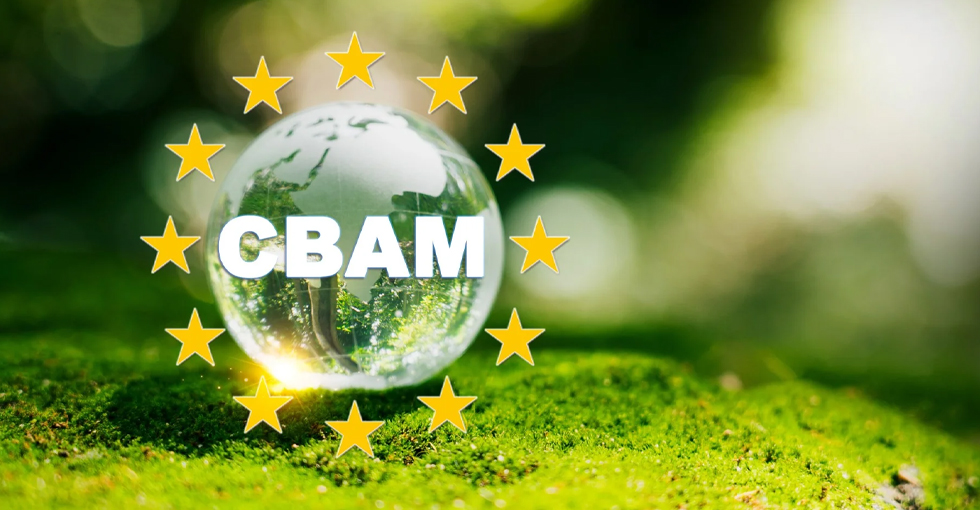
What is CBAM? - Your visa for
global green trade with the
European Union
Imagine a world where carbon emissions are taxed like imported chocolates. That’s CBAM in a nutshell! The Carbon Border Adjustment Mechanism (CBAM) is the EU’s bold move to ensure companies worldwide play fair in the climate game. Think of it as a “carbon toll booth” for goods entering the EU—making sure dirtier products pay up, while cleaner ones get a high-five.
Why Should You Care?
- Carbon Leakage? Nope, not a plumbing issue. It’s when companies dodge strict EU climate rules by moving production to countries with laxer policies 1. CBAM slams the door on this sneaky tactic.
- Sectors in the Spotlight: Steel, aluminum, cement, fertilizers, hydrogen, and electricity. If your business deals with these, CBAM is your new BFF (or frenemy) 14.
How Does CBAM Work?
- Track Emissions: Importers must report the CO₂ baked into their goods. No more hiding behind vague estimates—EU methodology rules now! 10.
- Buy Certificates: Starting 2026, importers purchase CBAM certificates priced to match the EU’s carbon market (ETS). The dirtier the product, the pricier the tag. 1.
- Phase-In: By 2034, 100% of emissions face the music. Until then, it’s a gradual ramp-up to let businesses adapt 1.
What’s in It for Exporters?
If you’re an exporter, CBAM is both a challenge and an opportunity.
- Challenge: Your EU buyers will demand low-carbon products to avoid CBAM costs. This means you’ll need to measure and report your emissions accurately.
- Opportunity: By decarbonizing your supply chain, you can position yourself as a preferred supplier in the EU market. Think of it as a competitive edge.
Fun Fact
India is one of the top exporters of steel and aluminum to the EU. It is ranked amongst the Top 5 in the CBAM exposure index due to the high emission intensity of manufacturing processes and high percentage of EU exports.
Why This Matters for You:
Whether you’re a steel magnate or a sustainability newbie, CBAM reshapes global trade. Companies are already greening their supply chains to dodge CBAM costs.
